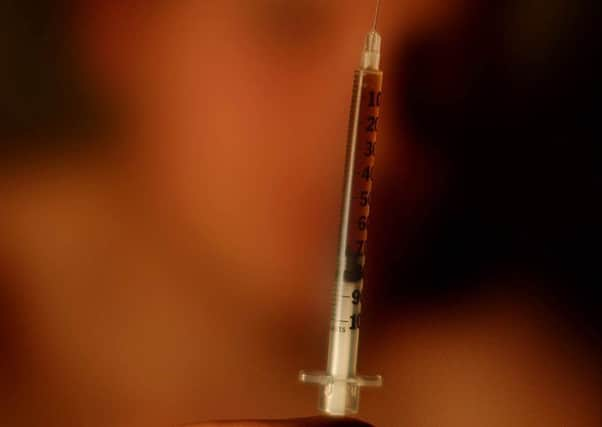Child trafficking linked to drugs, say researchers


Vulnerable children without criminal records, including those from care homes, pupil referral units and schools, are often targeted because they are less likely to attract police attention, according to research by Catch22 Dawes Unit and charity Missing People.
Young people are enticed by the promise of money, threatened, or forced to pay off debts by selling drugs, which is helping gangs to expand their drug networks outside London, the report says.
Advertisement
Hide AdAdvertisement
Hide AdRunaway children are often left alone in unsafe environments, without any means to communicate with their family.
One anonymous victim went missing for a week and a half during his summer holidays, attracted by the promise of making £2,000. He said an older gang member arranged a flat for him to stay in and supplied him with drugs to sell.
He told researchers: “Majority of the time I was by myself, the main guy I worked for, he used to come by in the morning, first thing, seven, to come and wake me up.
“He used to come in at 12 at night, collect the money, give me the fresh stuff, that would be it, I would get my wages, he would go, see me in the morning, wake me up.”
Advertisement
Hide AdAdvertisement
Hide AdThe report criticises the lack of government guidance on the link between missing young people and gang involvement, and says young people who go missing from home should be treated as victims rather than criminals.
It says local authorities need to work together to tackle the problem and national data should be collected on the problem, as the precise extent of it is not yet known.
Ann Coffey, MP for Stockport and chairwoman of the all-party parliamentary group on missing children, said: “These children must be seen as victims, not criminals. They are children being exploited by gangs to do their dirty work. It is minimal cost for maximum gain for the gangs.
“We must not fall into the same trap as we did in Rochdale, Rotherham and Oxford where the victims of sexual exploitation were wrongly seen as making a ‘lifestyle choice’.”
Advertisement
Hide AdAdvertisement
Hide AdFrances Flaxington, strategic director at Catch22, said: “Risk-taking behaviour that is an inherent part of adolescent development is interpreted as a ‘choice’ with young people ‘putting themselves in harm’s way’.
“The reality is that these are exceptionally vulnerable children and young people. They need specialist support services including strong and long-lasting relationships that help them open up and improve their lives.”
Jo Youle, chief executive of Missing People, said finding a missing young person was not “the end of the story”.
She added: “It’s an opportunity for learning and understanding. It is a time for care and support.
Advertisement
Hide AdAdvertisement
Hide Ad“Every missing incident gives us an opportunity to reach out to a young person, to find out what’s going on, and to offer them the help and support they desperately need.”
The UK Missing Persons Bureau estimates that as many as 160,000 children and young people are reported missing every year.